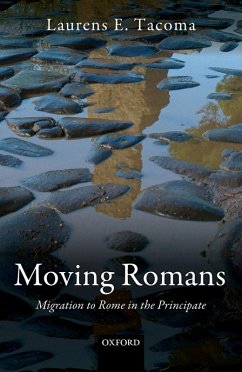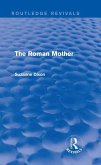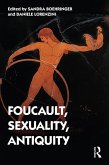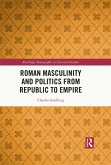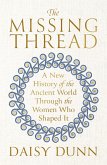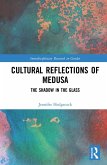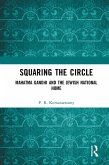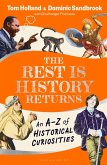While the importance of migration in contemporary society is universally acknowledged, historical analyses of migration put contemporary issues into perspective. Migration is a phenomenon of all times, but it can take many different forms. The Roman case is of real interest as it presents a situation in which the volume of migration was high, and the migrants in question formed a mixture of voluntary migrants, slaves, and soldiers. Moving Romans offers an analysis of Roman migration by applying general insights, models and theories from the field of migration history. It provides a coherent framework for the study of Roman migration on the basis of a detailed study of migration to the city of Rome in the first two centuries A.D. Advocating an approach in which voluntary migration is studied together with the forced migration of slaves and the state-organised migration of soldiers, it discusses the nature of institutional responses to migration, arguing that state controls focused mainly on status preservation rather than on the movement of people. It demonstrates that Roman family structure strongly favoured the migration of young unmarried males. Tacoma argues that in the case of Rome, two different types of the so-called urban graveyard theory, which predicts that cities absorbed large streams of migrants, apply simultaneously. He shows that the labour market which migrants entered was relatively open to outsiders, yet also rather crowded, and that although ethnic community formation could occur, it was hardly the dominant mode by which migrants found their way into Rome because social and economic ties often overrode ethnic ones. The book shows that migration impinges on social relations, on the Roman family, on demography, on labour relations, and on cultural interaction, and thus deserves to be placed high on the research agenda of ancient historians. Photo ? Krien Clevis (from the series Echoes of Eternity) Krien Clevis is an artist/researcher (PhD) who is working on an ongoing photo project, part of the multi-disciplinary Dutch research project 'Mapping the Via Appia'. Clevis' contribution to the project is devoted to this unique historical 'avenue of memories', which over the centuries has been subject to constant change. She studies the different perspectives on this street, ranging from its protection to its opening-up. See also: www.knir.it/krienclevis/
or www.krienclevis.com
Dieser Download kann aus rechtlichen Gründen nur mit Rechnungsadresse in A, B, BG, CY, CZ, D, DK, EW, E, FIN, F, GR, HR, H, IRL, I, LT, L, LR, M, NL, PL, P, R, S, SLO, SK ausgeliefert werden.

